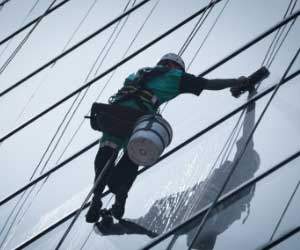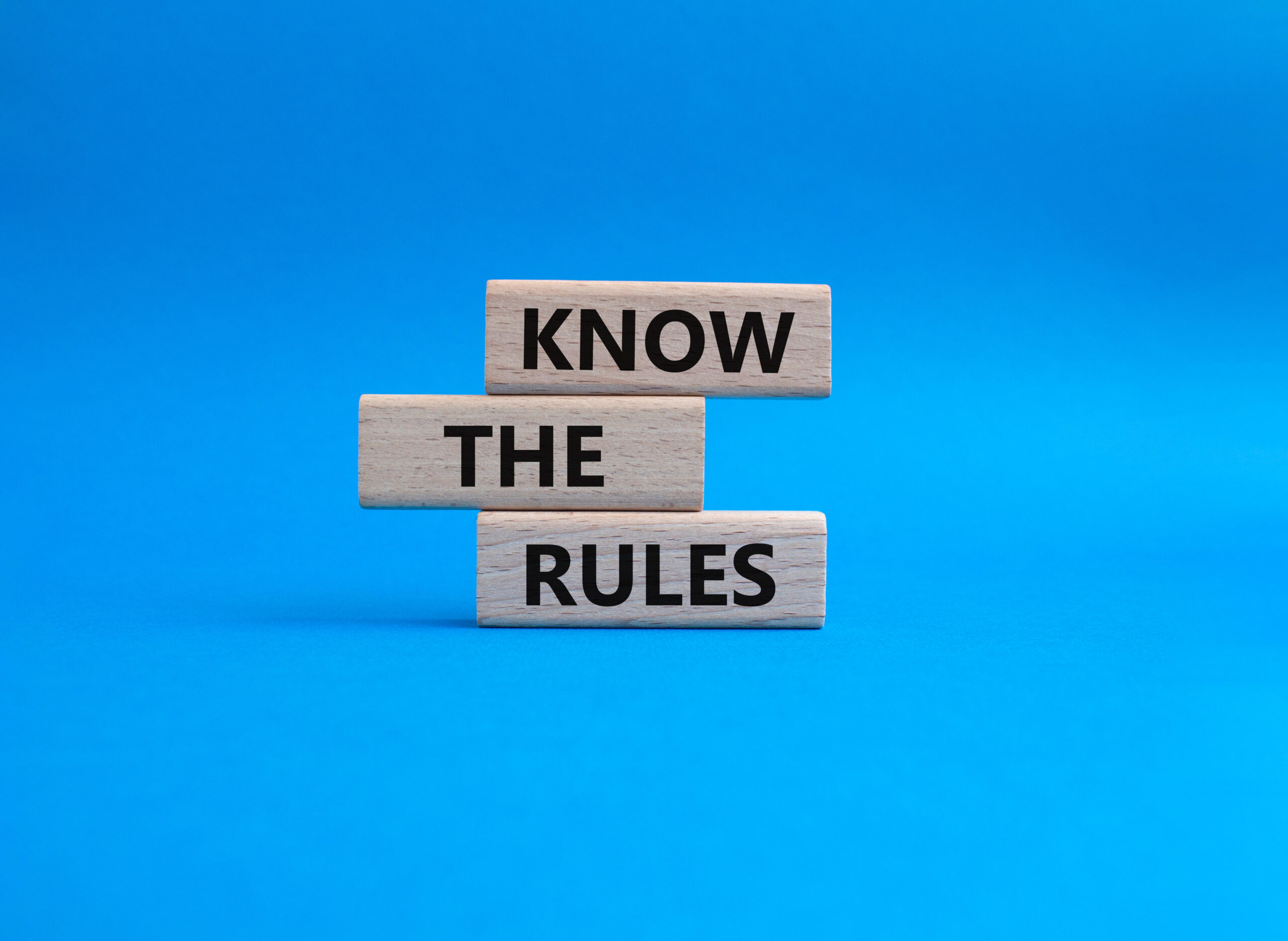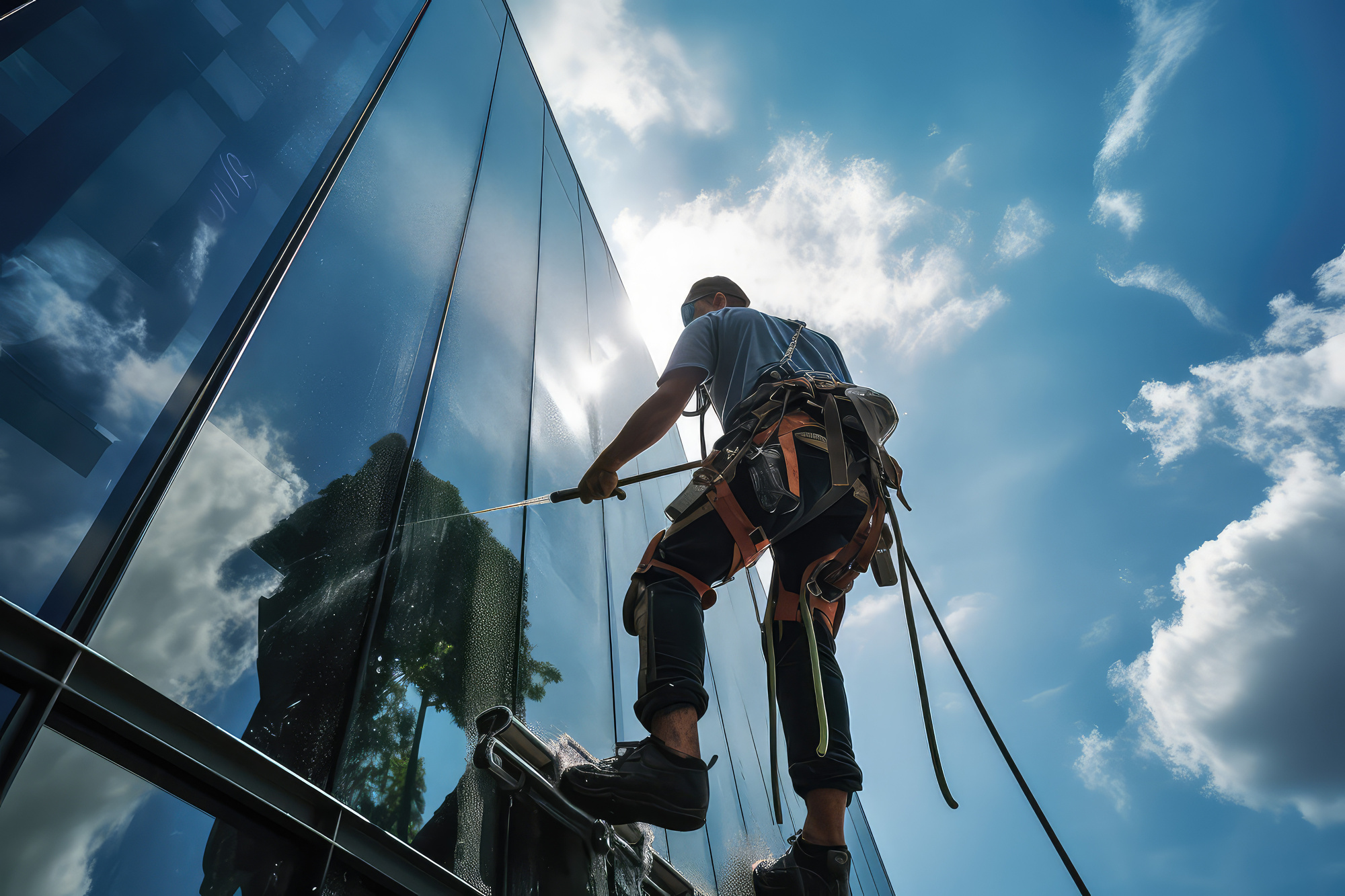With visions of superhero window cleaners brightening the day of hospital patients, it’s a good thing IWCA and OSHA have teamed up to create safety programs and resources to keep window cleaners safe on the job.
[EasyDNNnewsToken:Left Justify Embed 300 x 250]
In 2010, the U.S. Department of Labor’s Occupational Safety and Health Administration (OSHA) and the International Window Cleaning Association (IWCA) formally established a collaborative relationship to foster safer and more healthful American workplaces. To that end, OSHA and the IWCA formed an Alliance
to provide the IWCA members and others with information, guidance, and access to training resources that will help them protect the health and safety of workers. An implementation team made up of representatives of each organization meets three times a year to develop action plans, determine working procedures and identify the roles and responsibilities of the participants.
The Alliance’s goals include
· Raising awareness of OSHA’s rulemaking and enforcement initiatives
· Training and education
· Outreach and communication
In particular, the training improves safety by reducing and preventing exposure to slip, trip and fall, and fall from heights hazards and addressing issues related to the proper, safe use of high-reach access equipment including ladders and scaffolding equipment. The program is designed to address the safety and health challenges of small business owners and low literacy and limited-English speaking workers in the window cleaning industry.
New Safety Resources from the OSHA-IWCA Alliance
To date, the OSHA and IWCA Alliance have developed and published
· a Water-fed Pole Safety Quick Card
· the Water-fed Pole Safety Training Program
These are available in both English and Spanish. The Alliance team is now working on a Field Manual for Window Cleaning Safety.
Get Certified for Five Levels of Window Cleaning
The IWCA Safety Certification program was developed to enhance the knowledge and skills of professional window cleaners across the country. The program was designed to educate workers with in-depth knowledge so that they can recognize the hazards associated with their occupation and create and implement means and methods to avoid them.
This is a classroom study based certification and once achieved, it’s up to the employer(s) to perform skill set evaluations to ensure their IWCA Safety Certified Workers are performing their trade in accordance with the safety knowledge they’ve received. The entire program emphasizes that safety is not what you know; it is how you think and act.
There are five categories of certification and each are tiered.
1. Route and Residential: window cleaning 101 along with the safety measures needed for working around private homes and highly occupied public places such as store front businesses.
2. Commercial Ground Operator: includes the material from the previous level but also covers safety for all window-cleaning access equipment which is erected from the ground such as water-fed poles, ladders, rolling scaffolds and aerial man lifts.
3. Suspended Scaffold: includes all the previous material and focuses on one of the main pieces of suspended access equipment
4. Rope Descending System: includes all the previous material and focuses on one of the main pieces of suspended access equipment
5. High Rise Specialist: covers all the previous information and includes all types of window cleaning access equipment.
Whichever level of certification is chosen, the student pays the fee and is provided the workbook for that level. In addition, they are given an online username and passcode and are then required to take no less than three online exams within a year of enrolling. When they pass all three exams, they are entitled to take the final exam which must be taken at an IWCA safety training event or can be proctored in-house.
Upon completion, the student receives a certificate of standing and a laminated ID card noting their new designation. The certification is valid for five years and can be renewed by another online exam. The entire program is available in both English and Spanish.
Upcoming Developments in Safety Training
The IWCA is currently working on the evaluation side of the program whereby they are developing the criteria and documentation which will aid business owners in evaluating the safety skill set of their certified employees.
Stefan Bright is the Safety Director for the International Window Cleaning Association and has served in this capacity since 1994. During that tenure he has instructed over 6000 window cleaners how to think, act and work safely. He has been involved in the window cleaning industry for 35 years and is well known for his safety expertise. He is a Certified High Rise Specialist and a Building Access Safety Professional is also the OSHA Alliance Coordinator.





